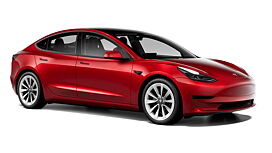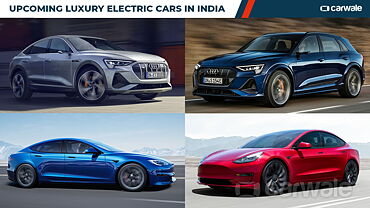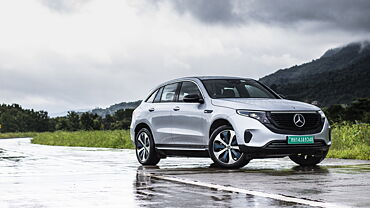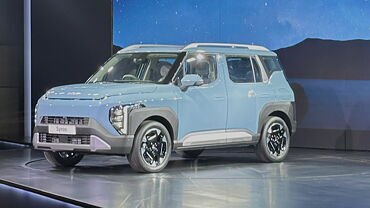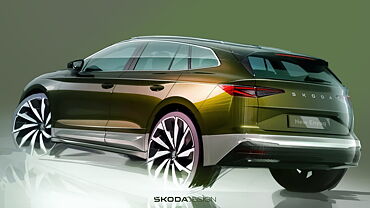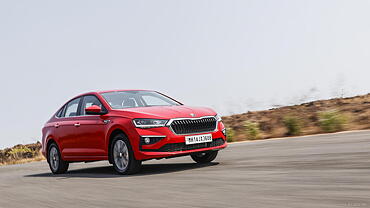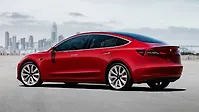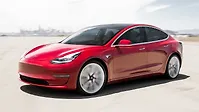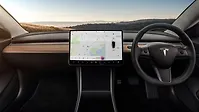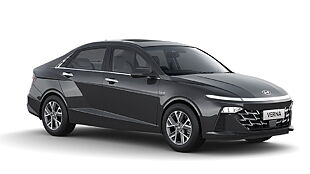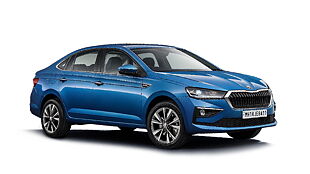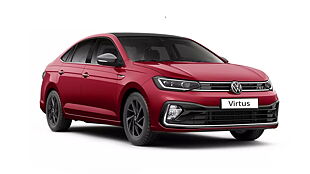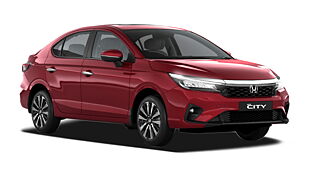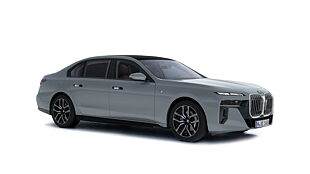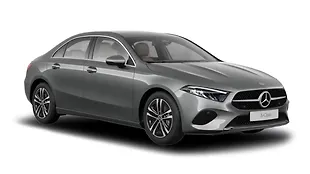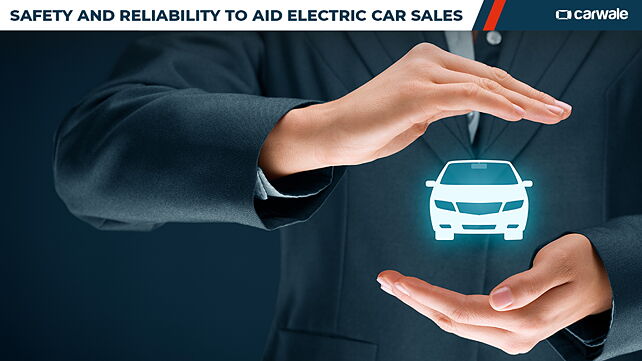
- Between electric and hybrid cars, 53 per cent believe electric is better while 34 per cent would opt for hybrids
- Electric cars are efficient, safer, and reliable as compared to petrol and diesel options
In our previous story, we mentioned how expensive electric cars have deterred buyers from switching over to a greener vehicle. The study revealed that most customers would still opt for an electric car provided it was priced similar to a regular petrol or diesel vehicle. To learn more about the findings, click here. Apart from the pricing factor, new car buyers also consider the safety and reliability qualities from electric vehicles.

The survey findings reveal that new car buyers believe electric cars are better than hybrid cars. Even if a plug-in-hybrid car could cover a distance of 50 kilometres per day on electric charge, without consuming any other fuel, about 39 per cent of the buyers would still opt for pure electric cars, while 37 per cent would be content with hybrid vehicles. The remaining 24 per cent would opt for either petrol or diesel vehicles. Based on the survey figures, we believe that a greater number of customers will have an inclination towards an electric vehicle provided it offers a better driving range and easy charging facilities.

Certain modern day electric cars are capable of receiving over the air updates rather than a trip to the workshop. Lesser moving components also reduce the chance of a breakdown thereby addressing reliability issues. Electric cars are connected to the internet over a safe network, therefore the inbuilt system in these vehicles is capable of sending out notifications to the nearest centre or institution in the event of vehicle failure, car crash, or a medical emergency. Electric vehicles will run on li-ion battery technology, which is both efficient and safer to use. Going forward, electric cars will prove to be safer and reliable over the conventional cars plying on our roads today.

The above-mentioned findings are based on a 10-day survey conducted from 1 November to 10 November, 2019. Among 1,70,588 respondents, 80 per cent of the population comprised of prospective buyers. And, about 85 per cent of the buyers were in the age group of 18 to 45 years.


